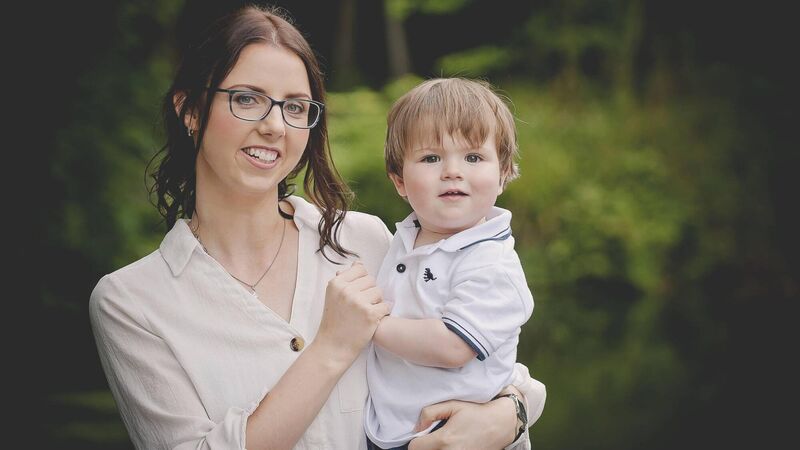I didn’t think I’d be lucky enough to survive cancer a second time

Ann-Marie Durcan and her son Patrick in 2021 Picture: FoKiss Photography
Try from €1.50 / week
SUBSCRIBE
Ann-Marie Durcan and her son Patrick in 2021 Picture: FoKiss Photography
FROM a young age, Ann-Marie Durcan believed she’d one day get breast cancer.
Based near Ballina, County Mayo, the 36-year-old mum-of-three lost her own mother to the disease when she was just six. Her aunt had earlier died from breast cancer.
Already a subscriber? Sign in
You have reached your article limit.
Annual €130 €80
Best value
Monthly €12€6 / month
Introductory offers for new customers. Annual billed once for first year. Renews at €130. Monthly initial discount (first 3 months) billed monthly, then €12 a month. Ts&Cs apply.
CONNECT WITH US TODAY
Be the first to know the latest news and updates
Newsletter
The best food, health, entertainment and lifestyle content from the Irish Examiner, direct to your inbox.
Newsletter
The best food, health, entertainment and lifestyle content from the Irish Examiner, direct to your inbox.

Our team of experts are on hand to offer advice and answer your questions here
© Examiner Echo Group Limited